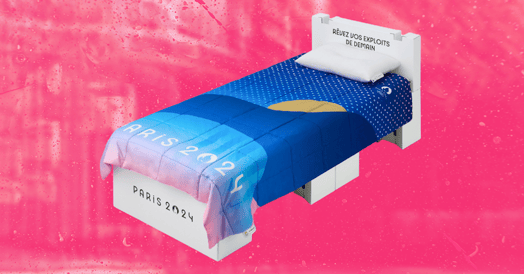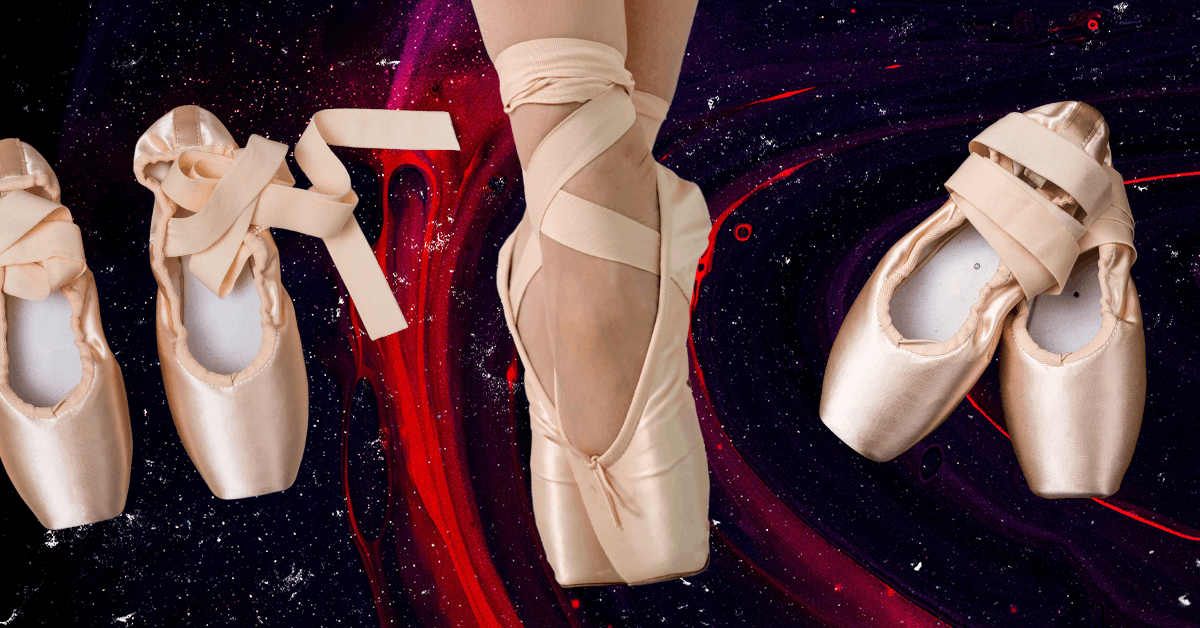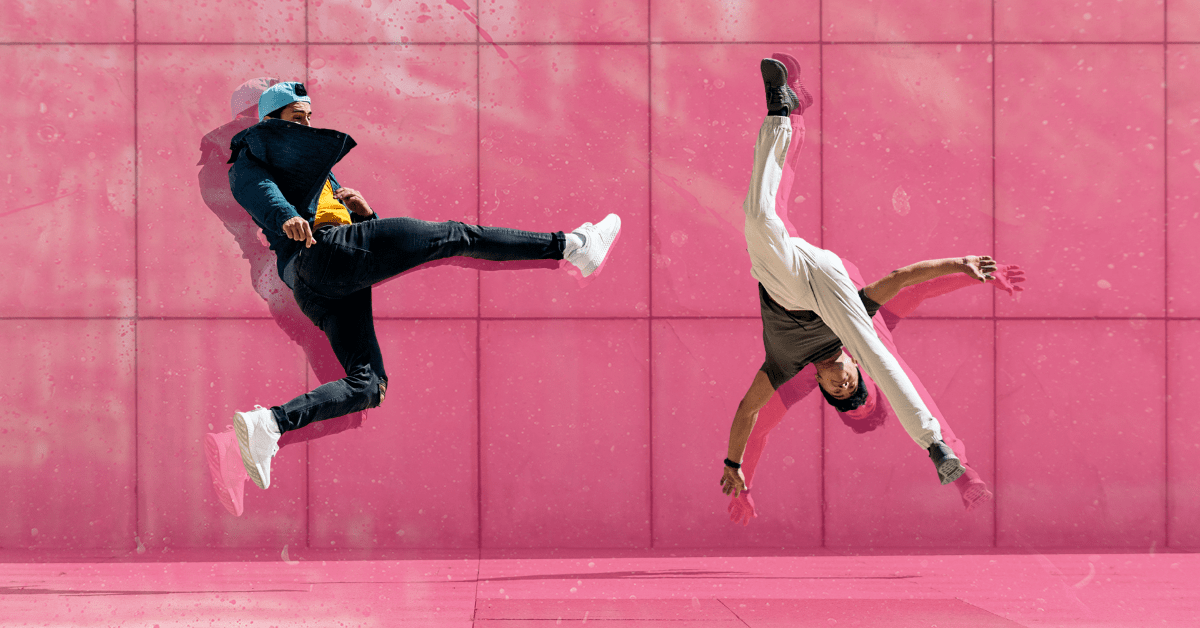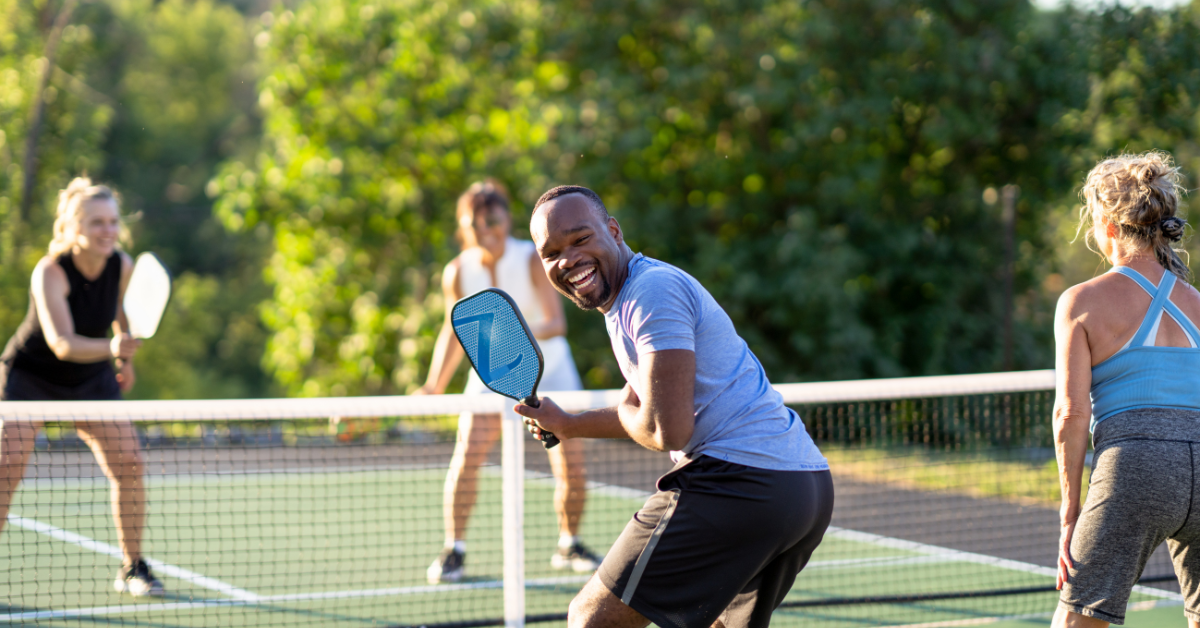Since the 2020 Tokyo Summer Olympics (which actually took place in 2021 due to covid), the media has referred to the beds in the athletes village as “anti-sex” beds, due to their seemingly flimsy cardboard platforms.

Here’s the truth:
- They’re not flimsy; they hold up to 600 pounds.
- Here’s Irish gymnast Rhys McClenaghan jumping on one, so… you know.
- The design is actually about sustainability and, of course, sleep.
Who makes them?
Airweave, a Japanese company founded by engineer Motokuni Takaoka, who took over his uncle’s fishing line company in 2004 and decided to use the same resin fiber in cushions and mattresses.
The inside, made from food-grade plastic, looks like a clear fibrous web. Brett Thornton, Airweave’s COO, told The Hustle that because the mattress is 90% air, it stays cool, and it’s easy for sleepers to shift — and thus stay in deeper sleep — because they’re not sinking into it, as with memory foam.
Airweave got involved with the Olympics…
… in 2008, providing mattress toppers for Japanese teams.
Today, Airweave makes all athletes village beds for both the Olympics and Paralympics. For Paris, that means 16k beds.
How it works:
- Each bed contains three mattress pads. Depending on the density of the fiber, sides range from soft to extra firm.
- Athletes can arrange the pads to their preference. For example, one athlete might want an extra-firm pad for their shoulders, but another might prefer that firmness for their legs.
- A cover seals the whole thing together. (Here’s a video.)
When the games are over, the cardboard platforms are recycled and the rest is washed — a handy thing about plastic mattresses — and donated. This year’s recipients will include the French army and a ballet school.
It’s not just for athletes, BTW
Airweave’s consumer beds are similarly customizable, and its other products — travel mattresses, cushions, etc. — use the same fiber.
The company will open its global flagship store in Los Angeles in early 2025 — and LA will host its first Olympic Games since 1984 in 2028.
Sports And Esports










